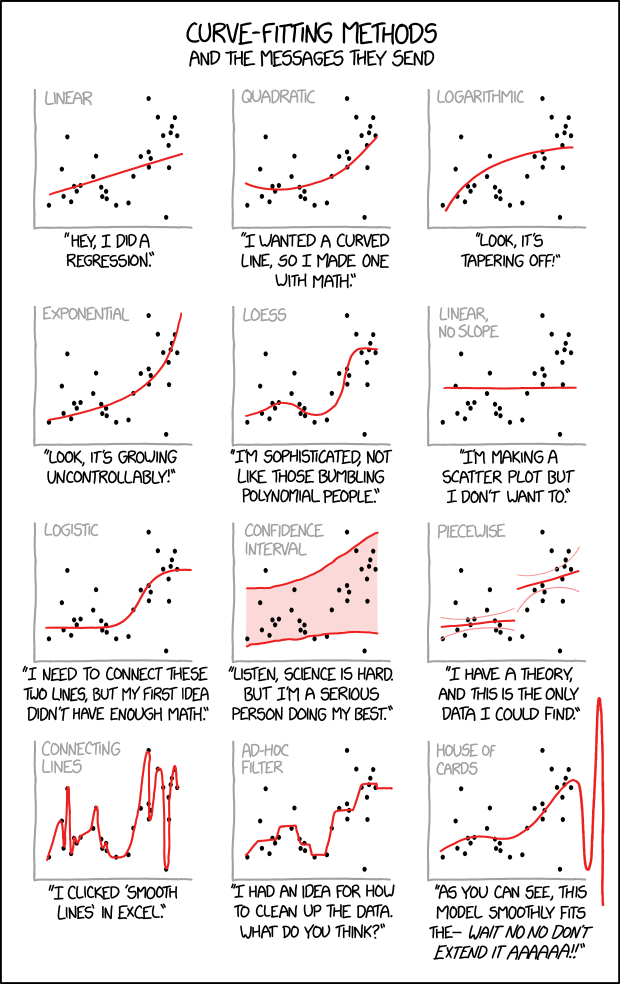Last week I had a student in my office telling me that Amazon may be his dream job. I told another student to at least look at the non-academic job postings because there can be some really interesting work outside of academia. Definitely worth taking a peek.
It struck me, however, that I am really not sure how students should prepare for non-academic jobs in general and tech jobs in particular...well, besides writing an amazing dissertation. Good news: Susan Athey and Michael Luca just put out a new NBER working paper explaining the whole thing. My big takeaway: there is a wide variety of really interesting work done by PhD economists at tech companies. In terms of how to prepare, I will copy-paste from the article:
"While PhD economists are well suited to tech careers in many ways, we also see areas for the field to improve the preparation of PhD economists for working with or in tech companies. First, with the importance of prediction, targeting, and precise estimates in tech companies, machine learning plays an important role in tech companies. While the field of economics has long been a leader in causal inference, the field is still in the process of incorporating machine learning into its standard toolkit. Second, economists have historically received less training, relative to computer scientists, at coding and at optimizing code to run statistical algorithms at large scale. Investing in these skills (and incorporating them into the PhD curriculum) can help to prepare economists to work in this area. At the same time, it remains important that economists have a strong conceptual understanding of economic issues like incentives and equilibrium effects, as well as strong empirical skills in the areas such as causal inference that we have described in this paper." (Athey and Luca 2018).
You might also want to have a look at this list of the 25 best companies for perks and benefits.
Also, write an amazing job market paper.

